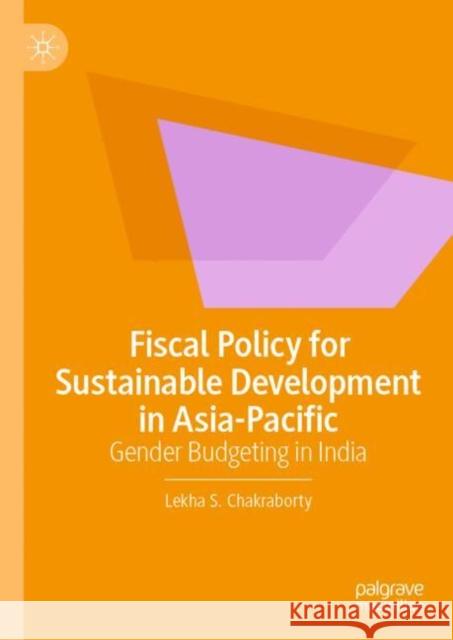Fiscal Policy for Sustainable Development in Asia-Pacific: Gender Budgeting in India » książka
topmenu
Fiscal Policy for Sustainable Development in Asia-Pacific: Gender Budgeting in India
ISBN-13: 9789811932809 / Angielski / Twarda / 2022 / 297 str.
Fiscal Policy for Sustainable Development in Asia-Pacific: Gender Budgeting in India
ISBN-13: 9789811932809 / Angielski / Twarda / 2022 / 297 str.
cena 483,04
(netto: 460,04 VAT: 5%)
Najniższa cena z 30 dni: 462,63
(netto: 460,04 VAT: 5%)
Najniższa cena z 30 dni: 462,63
Termin realizacji zamówienia:
ok. 16-18 dni roboczych.
ok. 16-18 dni roboczych.
Darmowa dostawa!
Kategorie:
Kategorie BISAC:
Wydawca:
Springer Verlag, Singapore
Język:
Angielski
ISBN-13:
9789811932809
Rok wydania:
2022
Ilość stron:
297
Wymiary:
21.0 x 14.8
Oprawa:
Twarda
Dodatkowe informacje:
Wydanie ilustrowane











